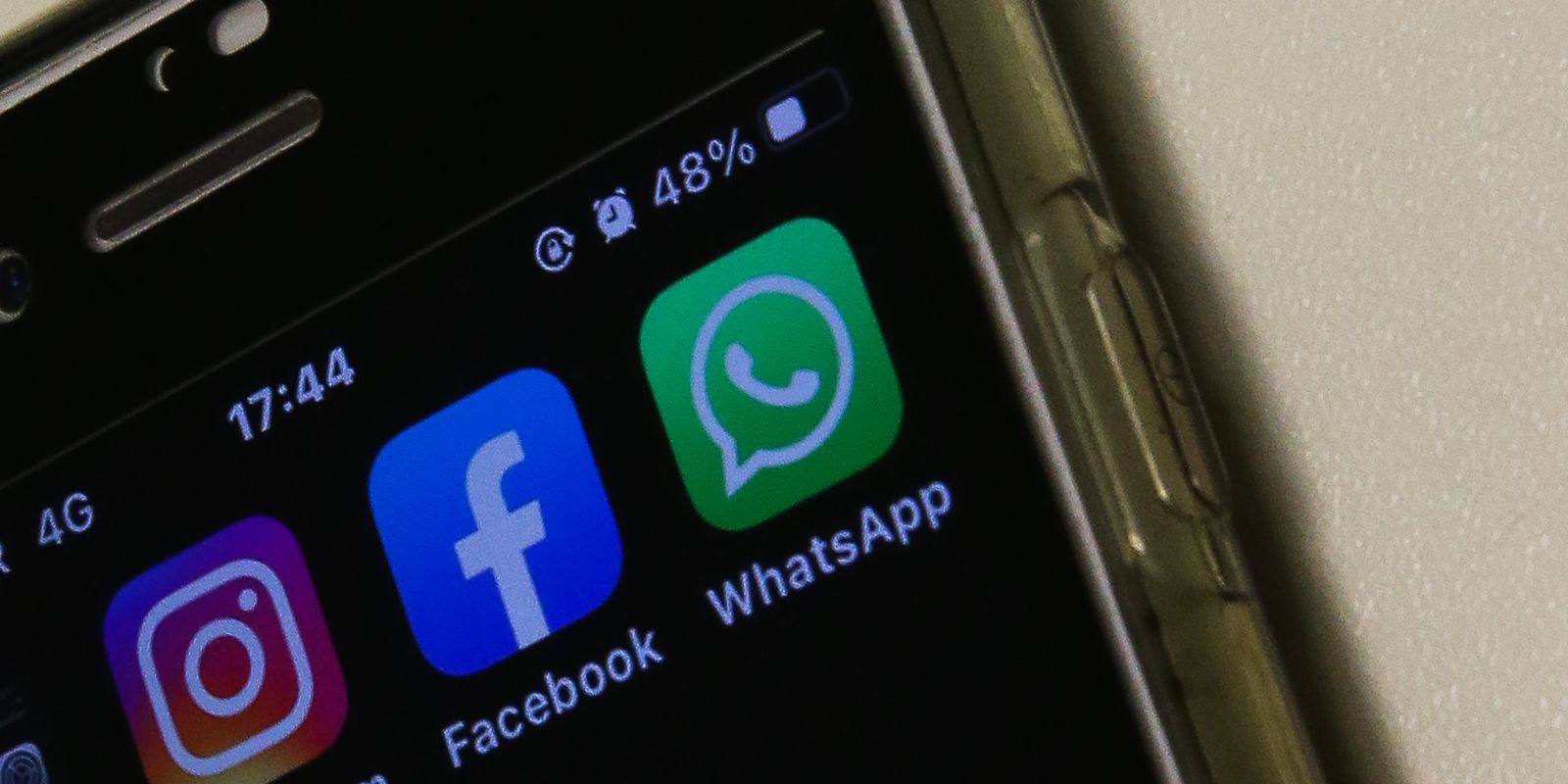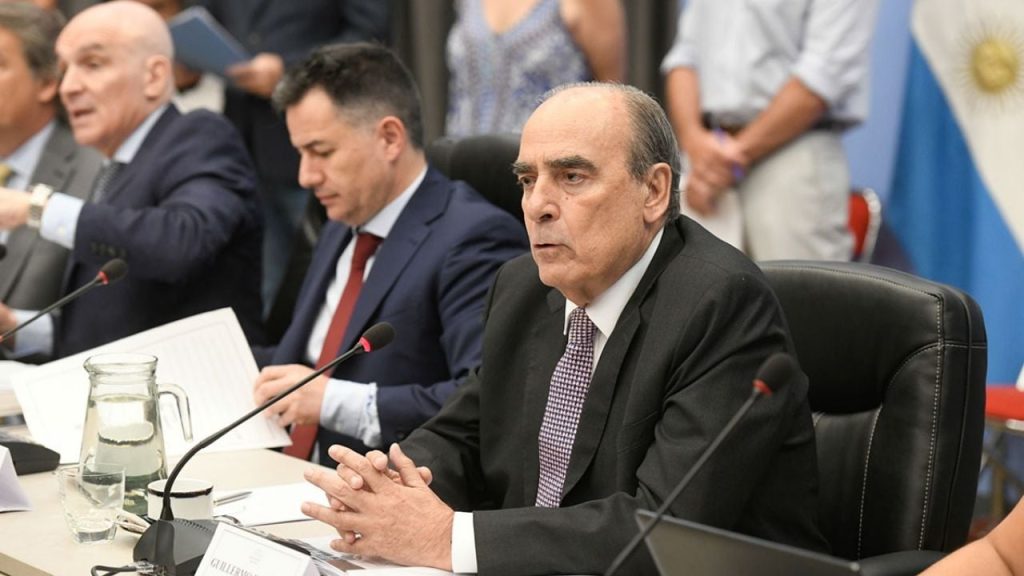The National Forum for the Democratization of Communication (FNDC) released a note this week expressing its rejection of the changes in the rules of the social networks Facebook and Instagram. The main one is the end of the fact-checking program. THE decision was communicated in a video statement by Mark Zuckerberg, chief executive of Meta, which controls both platforms.
Created in 1991, the FNDC brings together Brazilian civil society entities engaged in the discussion of the democratization of communication. According to the released note, the measures adopted by Meta represent a direct attack on the protection of individual and collective rights in the digital environment, by promoting disinformation and expanding the scope for hate speech.
When announcing the decision, Zuckerberg made a nod to Donald Trump, elected president of the United States. Critical of fact-checking, Trump will take office on January 20th. Mark Zuckerberg said that Trump’s election is a turning point and adopted arguments adopted by him and other far-right world leaders, who classify fact-checking as censorship. “It’s time to return to our roots of free expression on Facebook and Instagram,” he added.
Fact checking aims to detect and point out errors, inaccuracies and lies in posts. In practice, the change announced by Meta means that no more work will be carried out to confirm and prove information conveyed by Instagram and Facebook users. Zuckerberg stated that a community notes model will be adopted, similar to that of the X platform controlled by businessman Elon Musk. Through it, users themselves can add information contesting the veracity of certain content.
Meta’s executive president also accused governments and traditional media outlets of being in favor of censorship. Zuckerberg also announced other changes involving content moderation, such as reducing the use of filters that search for content that violates terms of use. “It’s a trade-off. It means we’ll map fewer bad things, but we’ll also reduce the number of posts from innocent people that we accidentally take down,” he said.
Unrestricted freedom
Zuckerberg’s position is harshly criticized in the FNDC note. “Under the pretext of defending supposed unrestricted freedom of expression, Meta announced the shutdown of content moderation filters related to sensitive topics such as immigration and gender, as well as the weakening of fact-checking initiatives, which contributes to the proliferation of fake news and, consequently, reinforces content that promotes the extreme right, putting democracy, responsible freedom of expression and the social fabric itself at risk”, says the note.
For the FNDC, the decision signals an offensive by Meta against international efforts to regulate big techsas companies responsible for digital platforms are called. Ongoing discussions in Brazil, Germany and China were mentioned.
“This stance reveals the big techs as true geopolitical tools that aim to destabilize the international order. The announcement of the Goal is not limited to a new content moderation policy, but constitutes a political movement that threatens the integrity of democracies around the world. By aligning itself with the ideas of Donald Trump, Elon Musk, and other representatives of the extreme right, Meta reinforces a destructive international political agenda, with the aim of weakening democratic institutions and social justice, and concentrating even more political and economic power. in the hands of a few, preferably in the United States”, adds the text.
The note also demands a robust and immediate response. “It is essential that democratic governments and civil society organizations in all countries intensify efforts to regulate digital platforms, in order to guarantee a fairer, safer and more respectful online environment, free from manipulation, disinformation and hate.”
“Regulation is not censorship, but an essential mechanism to defend people and protect democracies, preserving human rights and freedom of responsible expression”, says the note.
Content regulation
Zuckerberg’s statement also generated a reaction within the federal government. João Brant, Secretary of Digital Policies at the Secretariat of Communication (Secom), classified it as an explicit declaration that the Goal does not accept the sovereignty of countries about the functioning of the digital environment. Amid the repercussion of the announcement, the Federal Public Ministry (MPF) decided, this Wednesday (8), to officiate the Meta to explain itself about the changes. A period of 30 working days was granted for manifestation. The MPF wants to understand whether the new rules could impact the rights of Brazilian Facebook and Instagram users.
Concerns were also echoed by European leaders. Among them, the German Minister for Digital Affairs, Volker Wissing. He stated that the issue will be carefully examined and defended the need to guarantee safe and verified information. Thomas Regnier, spokesman for the European Commission, denied this Thursday (9) that European governments are pushing for censorship. He stated that the Digital Services Law did not force or request Meta platforms to remove legal content, but rather those that could be harmful to children or the progress of European Union democracies.
In a post on social media, the United Nations (UN) high commissioner for human rights, Volker Türk, stated that content regulation is not censorship. “Allowing hate speech and harmful content online has real-world consequences. Regulating such content is not censorship. My office calls for responsibility and governance in the digital space, in line with human rights”, records the post shared this Friday (10 ).
In the United States, where the changes have already been implemented, demonstrations with homophobic, xenophobic and misogynistic insults, previously filtered, began to be released. The new rules allow, for example, users to associate homosexuality or transsexuality with mental illness, despite the scientific consensus rejecting this type of thesis.
In Brazil, the regulation of big techs is already the subject of a bill that became known as PL das Fake Newscurrently being processed in the National Congress. Ministers of the Federal Supreme Court (STF) have also publicly expressed concerns about the issue. At the end of last year, the court began to judge actions in which they discuss whether digital platforms should be held responsible for user content if they fail to take the necessary steps to remove posts with criminal content.















